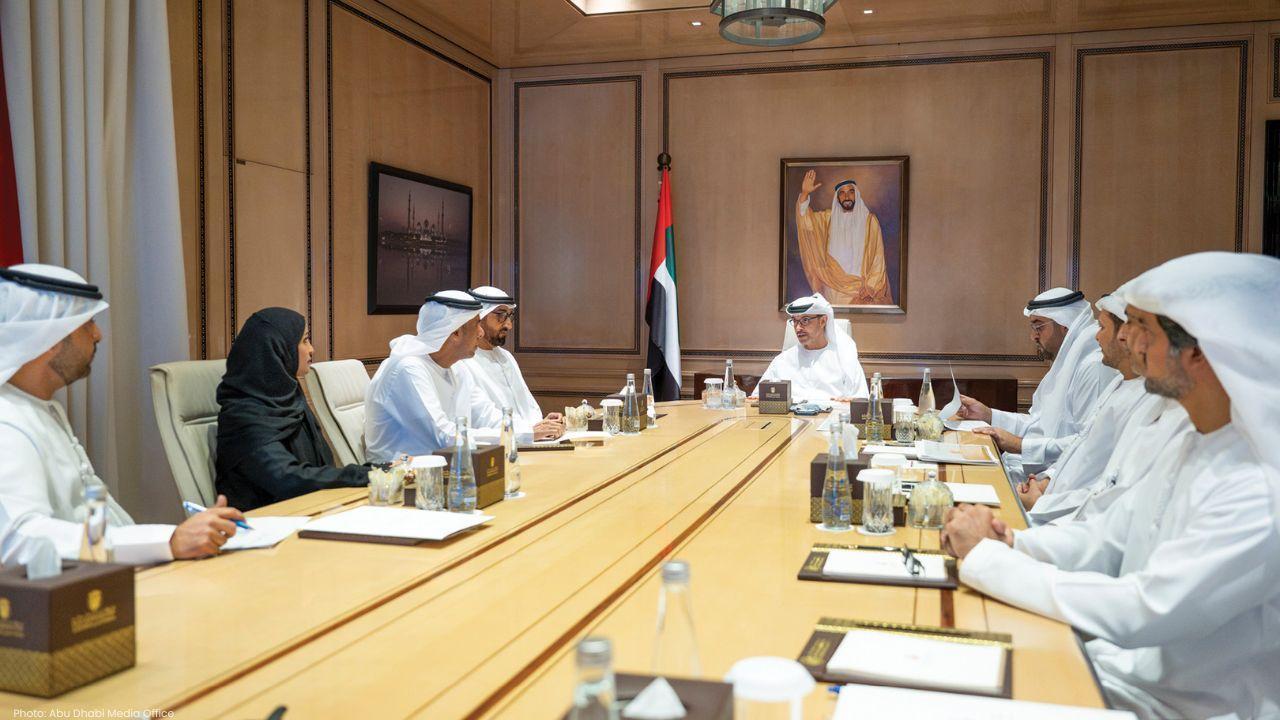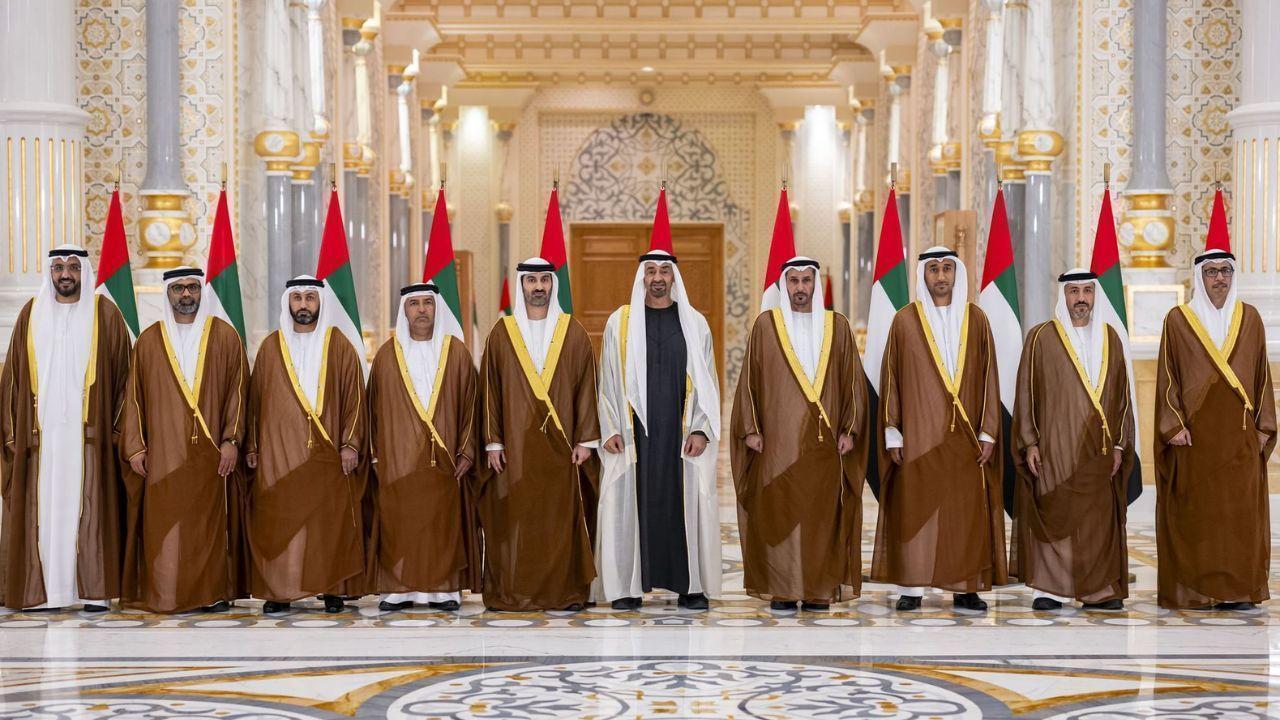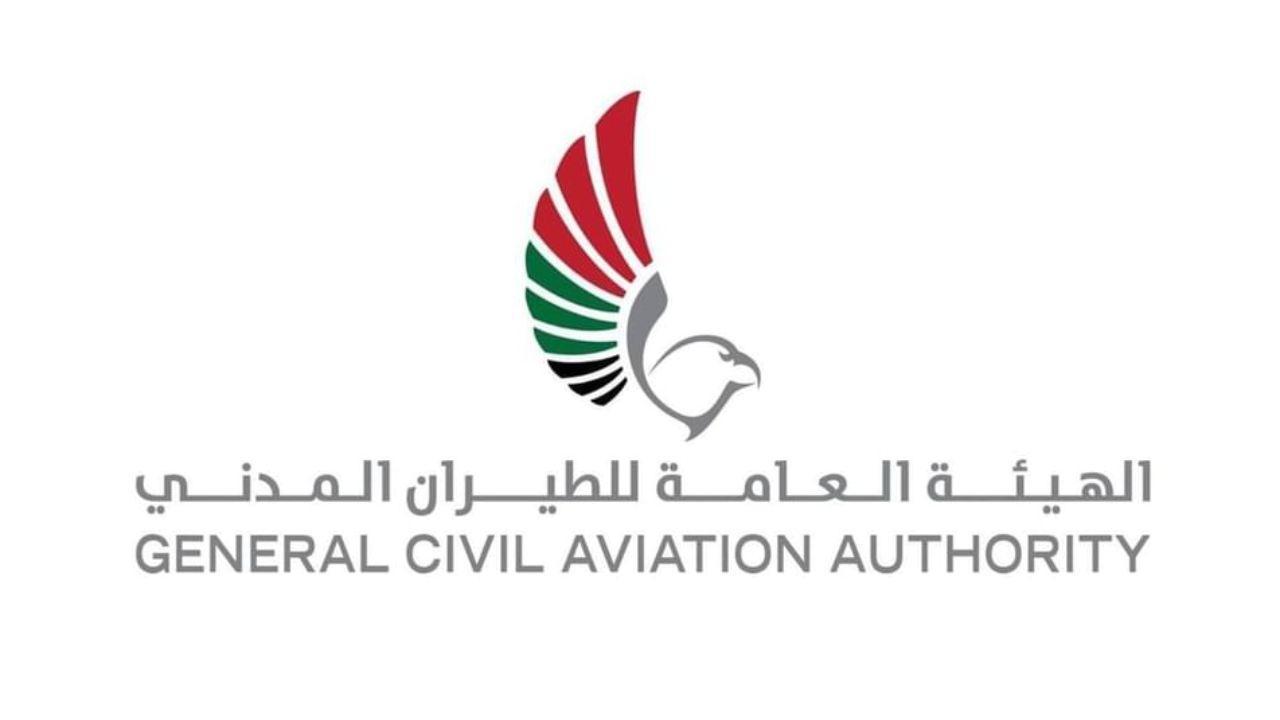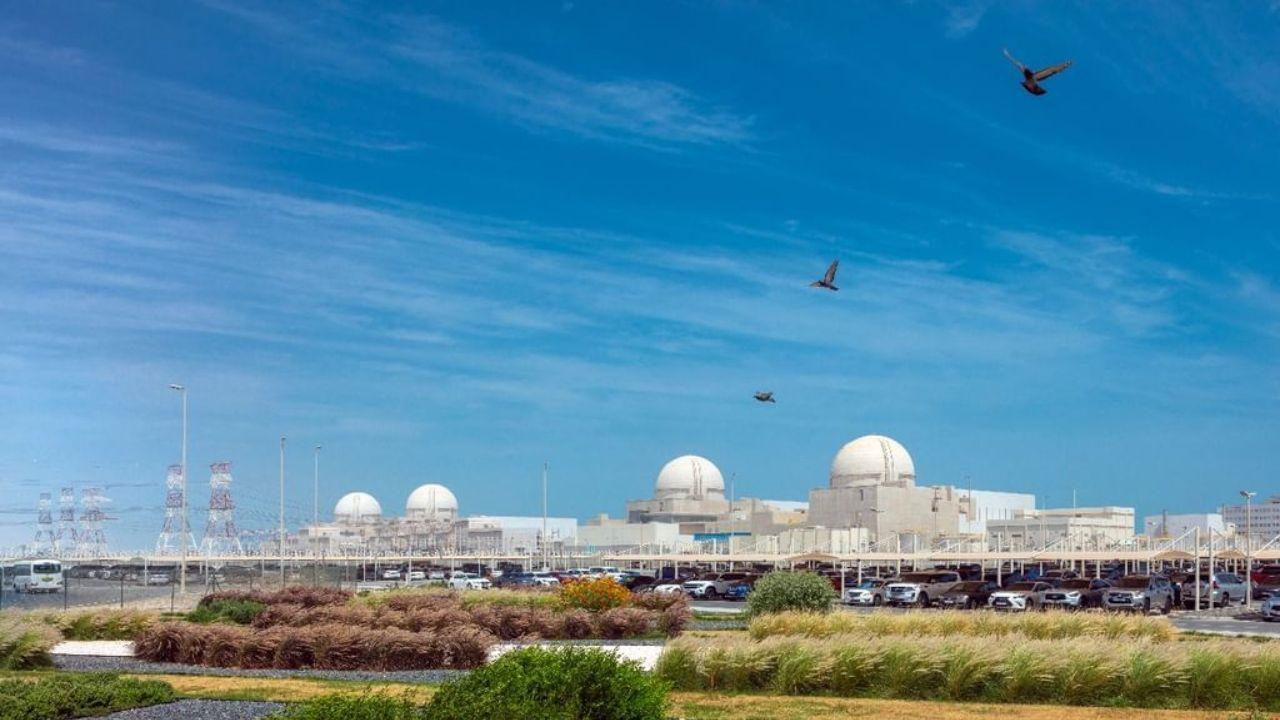
Post by : Anish
For decades, the United Arab Emirates was known for its tax-free reputation, drawing global entrepreneurs, foreign investors, and multinational firms. But in June 2023, the UAE introduced a landmark shift—a 9% federal corporate tax on business profits, aligning the nation with international tax standards while maintaining its appeal as a global business hub.
Now, over a year since its implementation, the effects of this policy are beginning to reshape the country’s business landscape. Whether you're a startup founder, SME operator, freelancer, or part of a multinational, understanding the new tax framework is critical to staying ahead.
The UAE's decision to implement corporate tax wasn’t made lightly. It reflects the country's intent to:
Diversify government revenue away from oil dependency
Align with global efforts such as the OECD’s Base Erosion and Profit Shifting (BEPS) framework
Strengthen transparency and international business credibility
Additionally, the move was driven by the global minimum tax agreement by G7 and G20 nations, setting a 15% floor for corporate taxation. While the UAE's current rate is 9%, it’s a strategic step to align with global compliance without deterring investors.
As per the UAE Federal Decree-Law No. 47 of 2022, corporate tax applies to:
All UAE businesses and commercial activities (including free zone entities with mainland transactions)
Freelancers and self-employed individuals earning more than AED 375,000 per year
Branches of foreign companies operating in the UAE
However, personal income, real estate income (for individuals), dividends, and capital gains on personal investments remain tax-exempt.
Free zone companies that comply with qualifying activity requirements and maintain adequate economic substance may still enjoy 0% tax, but must meet detailed criteria and maintain robust documentation.
The structure of the corporate tax is designed to support small businesses while taxing significant profits:
0% tax on annual profits up to AED 375,000
9% tax on profits above AED 375,000
Different rates or treatments may apply to multinationals with consolidated global revenues over EUR 750 million under Pillar Two of the BEPS framework
This threshold provides breathing room for small businesses and startups, while ensuring large firms contribute fairly to the country’s economy.
If you're operating in the UAE, these are the key steps to prepare for or manage corporate tax obligations:
All taxable entities must register with the Federal Tax Authority (FTA) through its official portal. Even if you're below the threshold, registration may be necessary to confirm your status.
Maintaining audited financial statements, invoices, and expense logs is now essential. The FTA requires at least 7 years of records for audit purposes.
Each company’s tax period aligns with its financial year. Filing deadlines depend on when your financial year ends. For example, companies with a Jan–Dec year must file returns by September 2025 for the first taxable period.
Due to the technicality of qualifying income (especially for free zones), many companies are now working with licensed tax consultants or registered tax agents for accurate compliance.
The FTA portal allows online filing, payment of dues, and application for clarifications or exemptions. Ensure your systems are integrated and up to date.
A common concern has been how free zone businesses—traditionally tax-exempt—will be treated. Under the new regime:
Qualifying free zone persons (QFZPs) can retain a 0% tax rate, provided they earn income from within the free zone or outside the UAE, and not from mainland clients
Non-qualifying income (from mainland UAE) will be taxed at 9%
Economic substance rules and transfer pricing requirements now apply
Foreign businesses with permanent establishments in the UAE (e.g., branches or physical offices) are taxed, while those conducting pure export/import activities without a presence may not be liable.
Corporate tax is separate from Value Added Tax (VAT), which remains at 5% across the UAE. Both are managed by the FTA but apply to different transactions.
VAT applies to goods and services
Corporate tax applies to net business profits
Additionally, the UAE has no personal income tax, no withholding tax on dividends, and no capital gains tax for individuals—preserving its appeal for high-net-worth residents and professionals.
While the tax introduction means new compliance costs, especially for SMEs unfamiliar with taxation, it also brings several long-term advantages:
Benefits:
Greater international credibility
Stronger financial discipline
Level playing field across global business environments
Challenges:
Increased administrative burden for small firms
Need for upskilling in financial literacy
Initial compliance uncertainties in free zones
The FTA has responded with guides, webinars, and consultations, making the transition more manageable for business owners.
Rather than viewing corporate tax as a setback, many UAE-based businesses see it as a chance to professionalize operations, attract foreign partnerships, and gain recognition as globally compliant enterprises.
As the system evolves, updates and clarifications from the Ministry of Finance and the FTA will continue. For now, the message is clear: being proactive and informed is the smartest way to turn regulation into opportunity.
This article is intended for informational purposes only and does not constitute financial or legal advice. DXB News Network provides coverage on regulatory developments based on publicly available data. For official guidance, readers are advised to consult licensed tax consultants or refer to the UAE Federal Tax Authority (FTA).

Beyond Grades Why Emotional Intelligence is the Key to Students Success
Discover why emotional intelligence matters more than grades helping students succeed manage emoti

Chinese Woman Pays Rs 27 Lakh After Boyfriend’s Death
A Chinese woman pays Rs 27 lakh to her boyfriend’s family after he jumped from her moving car during

DMCC Partners with Korea’s NIPA to Boost AI & Startups
DMCC signs a strategic deal with Korea’s NIPA to expand AI, tech startups, and trade opportunities b

Sheikh Hazza Receives Abu Dhabi Heritage Authority Delegation
Sheikh Hazza meets Abu Dhabi Heritage Authority to discuss projects preserving Al Ain’s heritage, cu

Global Banking 2025: Transformations, Challenges, and UAE’s Strategic Role
Transformations, Challenges, and UAE’s Strategic Role

Tina Charles Wins Dawn Staley Award, Inspires Beyond Court
Tina Charles wins Dawn Staley Award for her leadership and community work. Her Hopey’s Heart Foundat

Google AI Plus: Affordable Access to Advanced AI Tools
Google launches AI Plus, a budget-friendly subscription offering Gemini 2.5 Pro, video tools, Worksp

Beyond Grades Why Emotional Intelligence is the Key to Students Success
Discover why emotional intelligence matters more than grades helping students succeed manage emoti

Global Banking 2025: Transformations, Challenges, and UAE’s Strategic Role
Transformations, Challenges, and UAE’s Strategic Role

Israel Launches Airstrikes on Yemen — 35 Dead, Over 130 Injured in Sanaa and Al Jawf
Emergency teams rush to rescue survivors as strikes hit military sites, fuel depots, and residential

Charlie Kirk Shot Dead at Utah University During Speech
Charlie Kirk, Turning Point USA founder, was shot dead at Utah Valley University. Chaos erupted as t

UAE President Hosts Ceremony for New Ambassadors
UAE President Sheikh Mohamed bin Zayed attends swearing-in of UAE ambassadors and receives credentia

UAE Civil Aviation Soars Airports Flights and Economic Impact
UAE’s civil aviation sector grows rapidly with world-class airports, international routes, cargo job

Barakah Nuclear Plant Completes One Year of Full UAE Power Supply
Barakah Nuclear Plant marks one year of full operations, providing 25% of UAE electricity and cuttin

GCC launches unified 2025 guideline to boost investor relations
A new GCC-wide 2025 Investor Relations Guideline aims to unify practices, strengthen transparency an